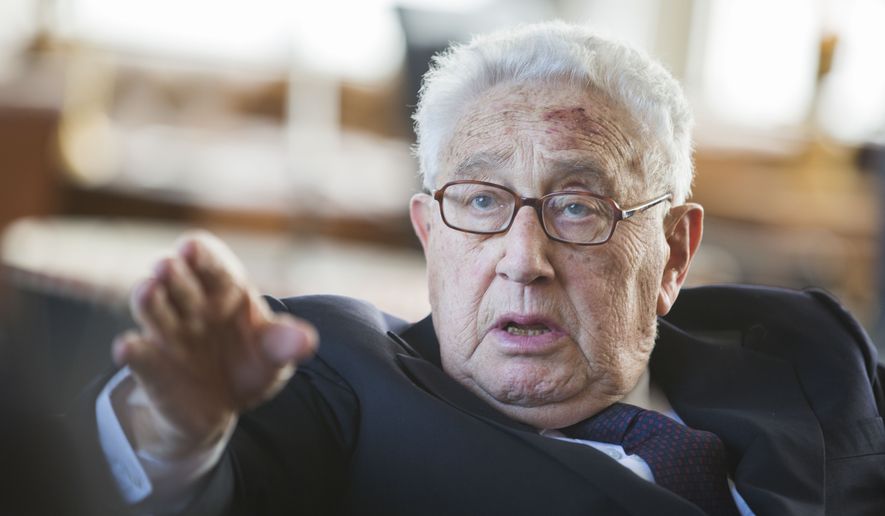Just the other day, through a friend, I was able to connect with former state lawmaker and current Tennessee Secretary of State Tre Hargett. I was able to talk to him about the new Center for Coaching and Student Success that I recently was able to launch at Middle Tennessee State University in Murfreesboro, Tennessee, near Nashville. The goal aim is to help soon-to-be-graduates bridge the gap between graduation and gainful, meaningful employment.
Mr. Hargett is an unusual politician/public office holder. He is clearly a lifelong learner, a connector, and someone open to new ideas and input. Just the fact that he would take a few minutes out of his busy calendar to hear out a professor at a local college about what I’m trying to do to strengthen workforce development in Tennessee is impressive to me.
But in fact it was something Mr. Hargett said to me and not something I said to him that was the most profound outcome of the meeting.
At one point in the meeting, Mr. Hargett was decrying the nature of social media today where most relationships are a mile wide but only an inch deep. He personally tries to combat such relationships through reaching out to people whom he doesn’t know (or know well) when they achieve something remarkable or do a good work. He does this not by sending a Facebook message but by sending handwritten letters and by making personal phone calls.
Long before this meeting where I personally met Mr. Hargett, he had actually sent me handwritten notes about two separate awards I had won from service organizations in the Nashville market. Our meeting, then, represented a willingness on his part to grow that relationship for which he had planted a seed, and, by extension, to be potentially effected by the worldview of another person.
That, to me, is in sharp contrast with the way most people (and most political leaders) today operate — namely, by remaining in their ivory towers dispensing control without really listening to anybody.
The more Mr. Hargett heard me speak, the more I think he could see my passion for my work. He called it my “mission.” Not my job. Not my responsibility. My mission. And I liked that. He then promised to connect me further with some of the state leaders guiding higher education in Tennessee who might also be willing to hear me talk about my mission and to consider it as a possible best practice for use elsewhere across the educational landscape in Tennessee.
My favorite quote about politics comes from former Secretary of State Henry Kissinger, who said “High office teaches decision making, not substance. It consumes intellectual capital; it does not create it. Most high officials leave office with the perceptions and insights with which they entered; they learn how to make decisions but not what decisions to make.”
Boom. We learn how to make decisions, but now what decisions to make? Where does that come from? It comes from the mission. It comes from values. It comes from empathy.
Mr. Hargett breaks the mold that Mr. Kissinger describes. Somehow, amid the chaos of the political sphere, he hasn’t lost his values. In fact, he probably holds them nearer and dearer than ever before. In addition, he serves not with force or control but with empathy.
What environment are you in? Is it shaping you? Or are you shaping it? What decisions are you making? Are you growing in insight and perception?
Try forging relationships that are a mile deep. You might just be able to hold on to your values and mission that way.


